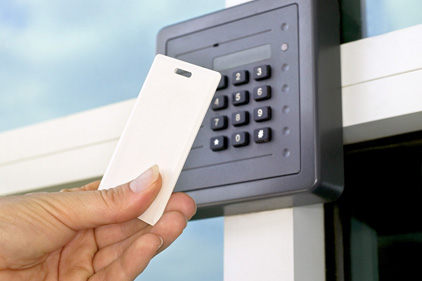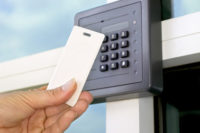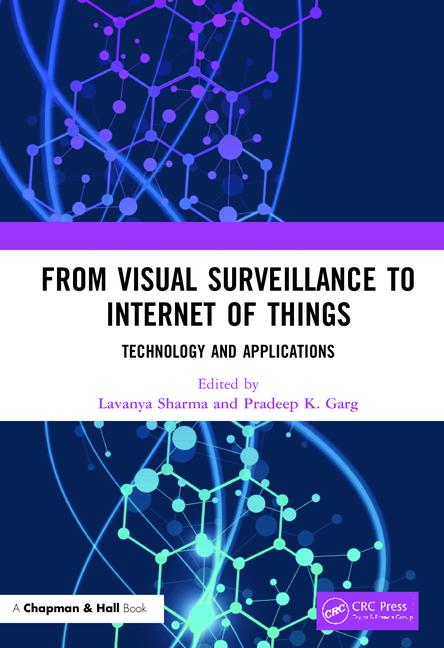
|
|
PHOTO BY TOM STORY |
HID Global announced a pilot project that showcases the benefits of using NFC smartphones for opening doors at universities and other campus environments. The trial is underway at Arizona State University (ASU),where a group of students and staff are accessing a campus residence hall and selected residents’ rooms using HID Global’s new iCLASS® SE™ credentials embedded into a variety of popular smartphones connected to all major mobile networks.
ASU manages on-campus housing for approximately 13,000 students living in 34 residence halls. To implement the pilot, HID Global deployed iCLASS SE readers on secured doors to ASU’s Palo Verde Main hall, and HID technology-enabled Sargent Profile Series electromechanical locks from ASSA ABLOY on selected resident room doors. Participants were given NFC smartphones carrying next-generation iCLASS SE technology that enables new levels of security, convenience, portability and performance. To open door locks, participants present the phones to a door reader just like they do with their existing Sun Cards, which are iCLASS-based campus credentials.
All participants are using their phones for residence hall access, and some are also using them with a unique additional digital key and PIN to open individual room doors. The technology also supports over-the-air provisioning and management of digital keys, which simplifies administration of the access control system.
“This project highlights the promise of taking NFC technology beyond cashless payment into new, complementary physical access control applications,” said Denis Hébert, HID Global president and CEO. “ASU is a leading innovator and long-time iCLASS user, and now the university is helping us validate how bringing mobility to access control improves security while enhancing the user experience by making it easier to deploy and manage keys and more convenient to carry them. With this technology, any door that’s opened with a key or Sun Card has the potential to now be opened with a phone.”
In initial feedback, approximately 80 percent of ASU participants reported that using a smartphone to unlock a door is just as convenient as using their campus ID card. Nearly 90 percent said they would like to use their smartphone to open all doors on campus, HID Global reported. While the pilot was focused on physical access, nearly all participants also expressed an interest in using their smartphone for other campus applications including access to the student recreation center, as well as transit fare payment and meal, ticket and merchandise purchases.
“When I first saw this technology used in other applications, I recognized the benefits it could bring to a university campus,” said Laura Ploughe, director of business applications and fiscal control, University Business Services, at Arizona State University. “Mobile phones are at the heart of campus life and play a major role in facilitating the students’ social connections. This project with HID Global has proven that a ubiquitous device can converge secure identity credentials and physical access control, and endorsed the promise that NFC technology holds within the campus environment. We were very impressed with the convenience of putting Sun Card credentials on NFC smartphones, as well as the enhanced security that is delivered by this next-generation of advanced access control system.”
“We are pleased to be working on this project with ASU,” said Debra Spitler, HID Global’s vice president of HID Connect, which provides third-party developers with the ability to use existing HID technology-enabled cards for new applications. “Participants are excited about using these NFC smartphones. Many have said they often leave their room without their Sun Card, but never forget their phones; by carrying their Sun Card credentials inside their phone, they know they can always get back into their residence hall or room.”
For information, visit www.hidglobal.com.



